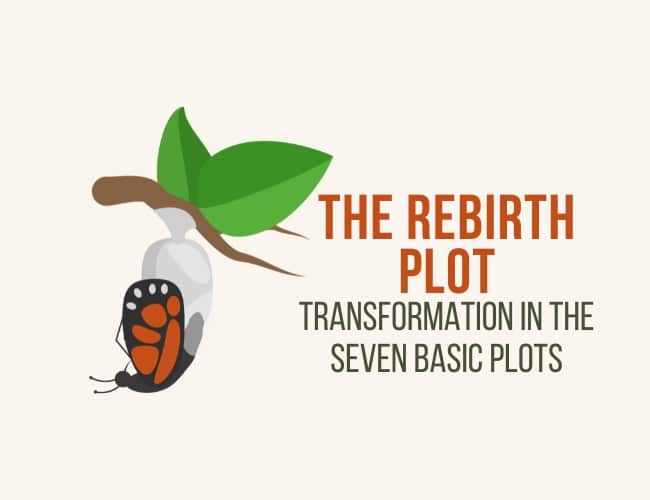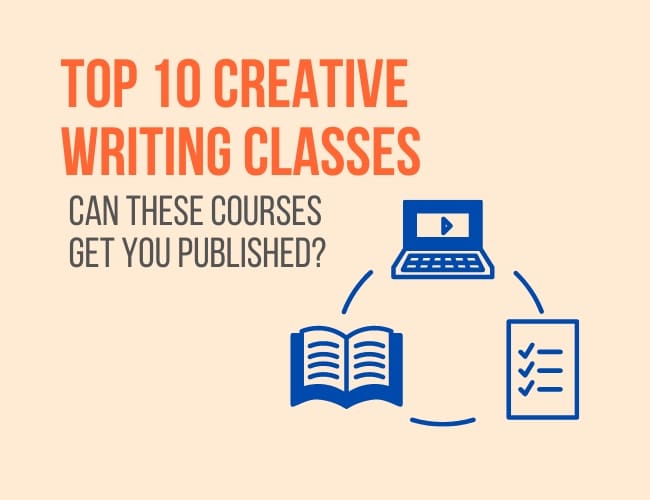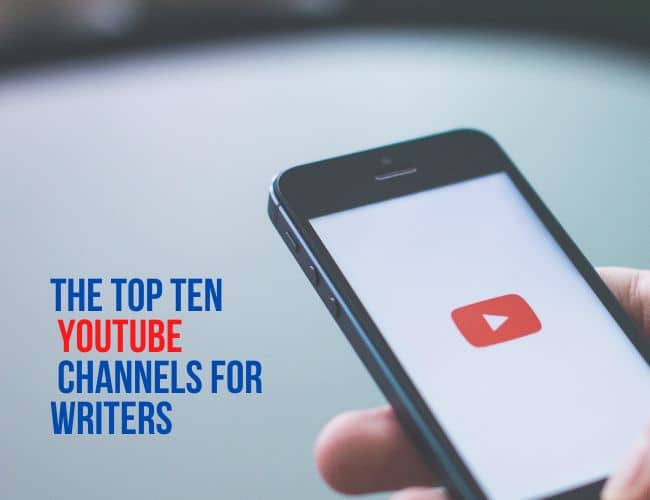
by Joe Bunting |
You want to write, but when you sit down to get started, you realize you don’t have a novel idea. Or perhaps you have so many ideas, you’re having a hard time choosing the best novel idea. Or maybe, you already have an idea, but you just aren’t sure if it’s any good.
That’s what we’re here for. In this article are ten questions to help you get started finding your best novel idea. Use them as writing prompts or as a way to make your current idea better.

by Sue Weems |
The winter season may evoke mixed emotions for you as a writer, depending on where you live and your experiences. But these winter writing prompts for adults AND for kids can help you explore this season and make the most of your winter months.

by Liz Bureman |
Here at the beginning of a new year, we’re surrounded by calls to set new goals, make resolutions, change something specific in our lives, so it seems a perfect time to revisit the rebirth plot which promises change.

by Joe Bunting |
So you want to become a writer.
Perhaps you write because it makes you feel alive. Perhaps you read a book that made you think, “It must feel amazing to write something like this. Maybe I could be a writer.” Perhaps you feel like you can’t not write.
So then, how do you do it? How do you become a writer?

by Joe Bunting |
If you want to transform from aspiring writer to published author, you might be thinking maybe a few creative writing classes would help. But with so many classes out there, which ones should you take? After all, if you’re like me, you have a limited amount of time and money to invest in your writing.
Which creative writing classes should you take to give you the best chance of accomplishing your writing goals and getting published?
In this post, we’re going to review the top creative writing classes so that you can make an informed decision. We’ll also talk about the different types of courses, how to evaluate them, and give you tips to get the most out of the ones you choose to take.

by Guest Blogger |
Today we have a list of more than ten top writing YouTube channels. See which one holds the best writing tips for you!








